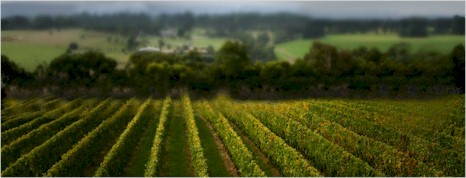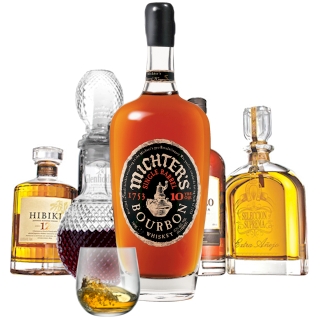
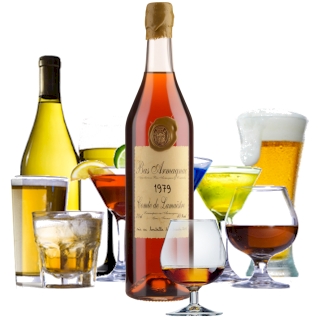

All the wines are made on site at the estate's rammed earth winery. From a very modest 20 tonne winery set up in 1987, Moorooduc now have a more sophisticated facility with a small but high quality Bucher press and Vaslin – Bucher destemmer. The philosophy of everything that's done at Moorooduc is to make the most of top quality ingredients. Intensive, hands n care in the vineyard, with minimal use of chemicals, produces the best possible fruit for wine. Wild yeast ferments and minimal intervention winemaking, with a nod to traditional Burgundian techniques, allow the wines to express their specificity of site and terroir. Similarly, Moorooduc aim to source ingredients for accompanying foods that are seasonal, local and organic. The emphasis is on gentle winemaking methods with important quality control.
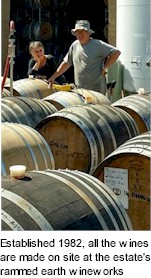
For the red wines, the whole bunches of grapes are cooled and destemmed but not crushed, dropped directly into two tonnes open fermenters, thus avoiding the need to pump the musts. After four to six days of maceration, the primary wild yeast fermentation begins. This takes about a week to complete with the temperature peaking at about 34º centigrade. A few more days on skins completes a total maceration time of 19-21 days when the new wine is pressed, after a day or two to settle out the gross lees, it is transferred to barrel. A natural malolactic fermentation occurs in the following spring. The wine is racked only once when it is assembled and prepared for bottling.
For the white wines the freshly picked whole bunches are gravity fed into the press where a program designed for sparkling wine base is used to separate the juice from the skins, pips and stems. The cloudy juice from the press is not settled but transferred to the fermentation vessel – almost always being oak barrels. Fermentation occurs naturally through wild yeasts and the wine remains on lees until it is assembled for final treatments. More often than not, a natural malolactic fermentation takes place in barrel.
The wine growing regions surrounding the city of Melbourne and Port Phillip Bay are known as the dress circle. These include Mornington Peninsula, Macedon Ranges and Geelong. The overall climate in this part of southern Victoria is temperate, with a moderate rainfall, mainly in the winter and spring. The critical ripening period for wine grapes is in the late summer and autumn, which is the most stable season with, in general, cool nights and dry, sunny days.
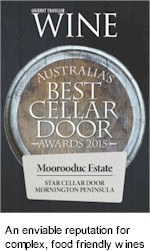
Moorooduc's home vineyard is McIntyre, mainly planted to Pinot Noir and Chardonnay with a small amount of Shiraz. It is an elevated site, about 80 metres above sea level, with a gentle north to north westerly facing slope. The topsoil is very sandy but the subsoil is unusually vine friendly clay with veins of sand running through it. Deep down in this layer one encounters red coloured clay and rock indicating the presence of oxides of iron. Once the vines reach maturity, they require no irrigation, having put their roots deeply into this layer. The oldest vines were planted in 1983. Over recent years, a grafting program has meant that there are now an interesting mix of Pinot Noir clones, some grafted onto original 1983 plantings. The larger Robinson vineyard is a few minutes drive south of McIntyre.
Moorooduc also source parcels of exceptional fruit from viticulturalist Hugh Robinson's superlative site. Of particular interest are some newly available, high quality clones of Chardonnay and Pinot Noir. From this fruit, Moorooduc produce the individual vineyard wines, Robinson Vineyard Chardonnay and Pinot Noir. The estate Garden Vineyard is a small site, a stone’s throw from McIntyre, planted to Pinot Noir and Pinot Gris. The house block Pinot Noir is a small north facing slope. These are all outstanding sites, the very top pick of fruit, vinified in highly traditional Burgundy techniques, for a superior range of magnificent Mornington wines.
